Property for sale in Phuket
- more ...
- Phuket, Thailand
- Patong ×
- Rawai Beach ×
- Choeng Thale ×
- Karon ×
- Sa Khu ×
- Bang Tao Beach ×
- Pa Klok ×
- Thalang ×
- Kamala ×
- tambon Kathu ×
- Thep Kasattri ×
- All locations in Phuket ×
- Apartments
- Houses, villas, cottages
- Terraced houses
- Show all types
- Apartments
- Buy-to-let apartments
- Condos
- New homes
- Penthouses
- Houses, villas, cottages
- Castles
- Chalets
- Terraced houses
- Islands
- Development land
- Show popular
- 100k
- 300k
- 500k
- 700k
- 1M
- 2M
- 3M
- 100k
- 300k
- 500k
- 700k
- 1M
- 2M
- 3M
Rental income of up to 12% per annum in Thailand
-
Investments from $100,000 in new construction
-
Resort property by the sea
-
Remote transaction with direct payment from Russia
-
Thai Elite Visa can be obtained

Phuket real estate developers directory
We have selected the most reputable and experienced developers in Phuket with promising projects
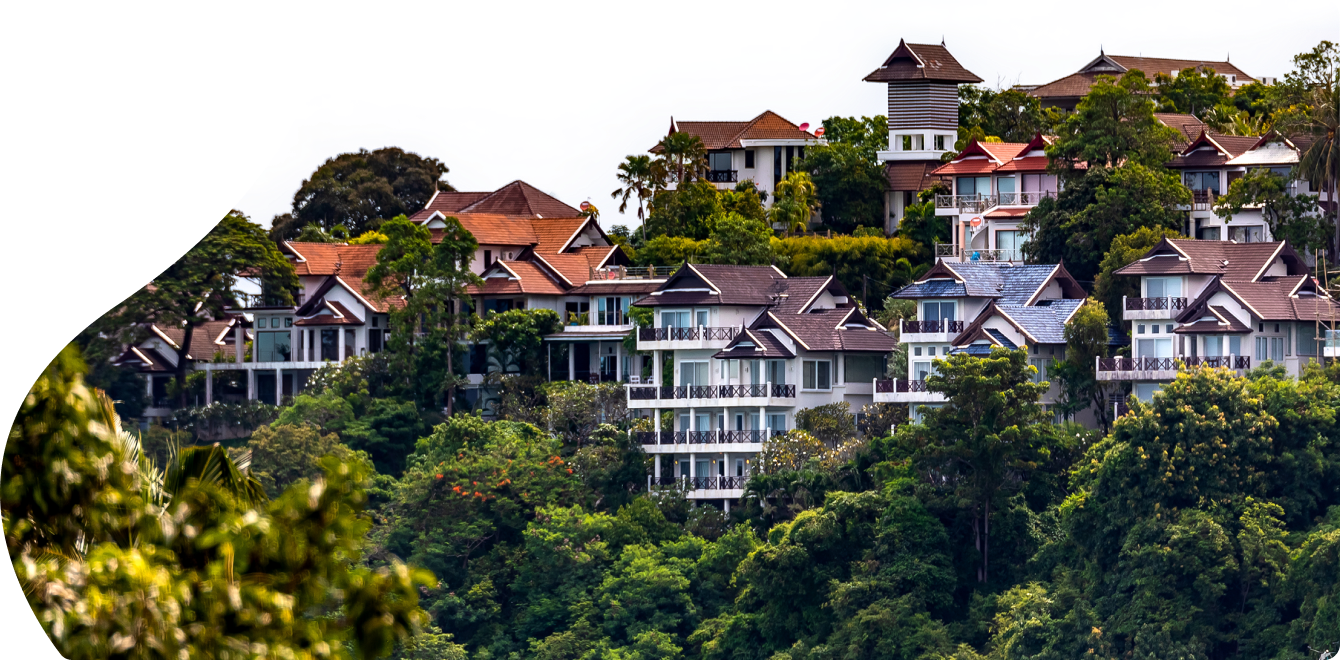
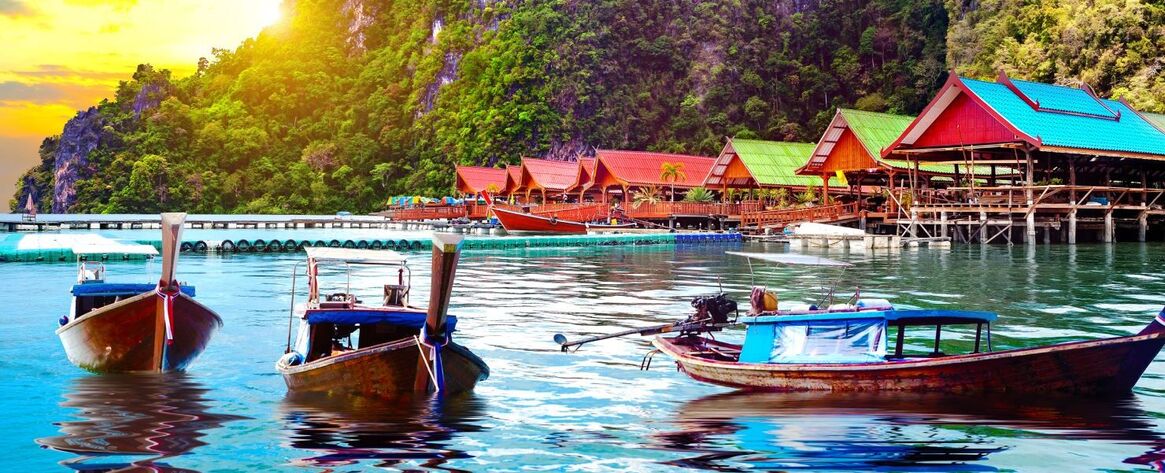
Tranio Global Real Estate
Lagoon Plaza, 21/6 Lagoon Rd, Cherngtalay Thalang Choeng Thale, Thalang District, Phuket 83110, Thailand
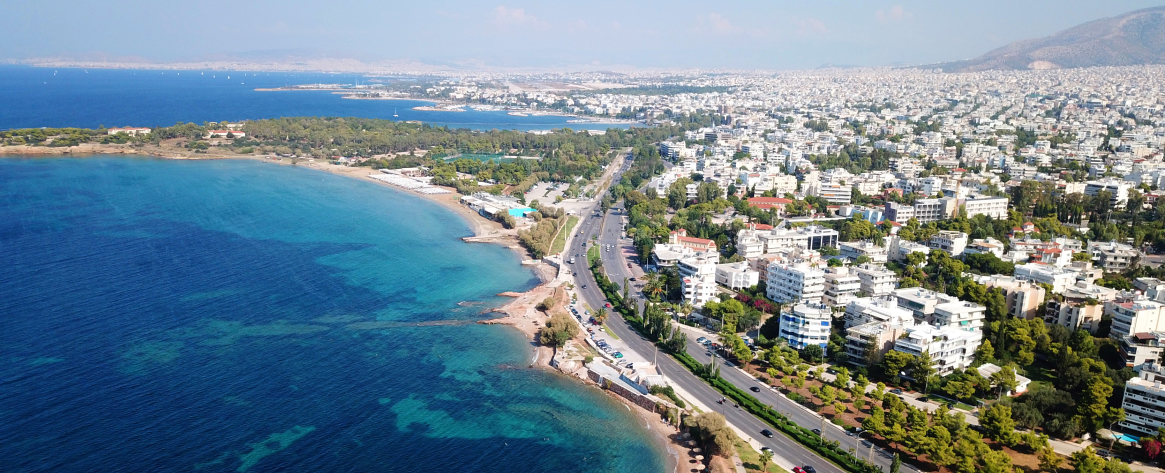
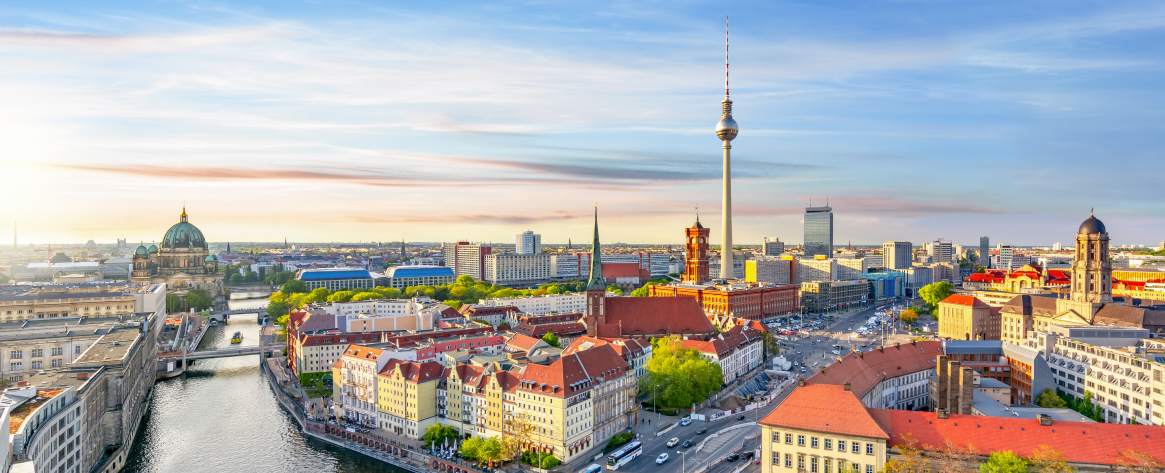
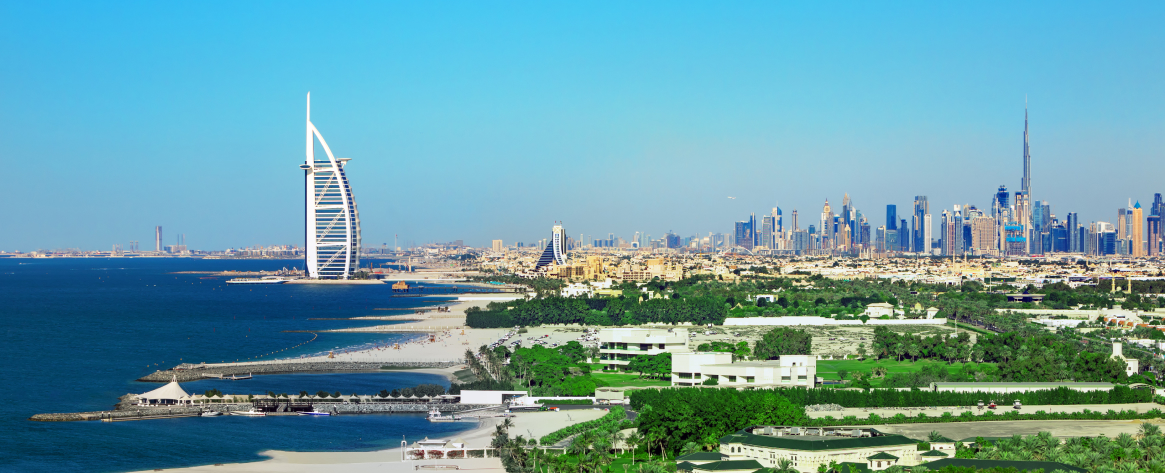
Tranio Global Real Estate
Ohmydesk Business Center, Al Fattan Downtown, 32d St, 103-104, Al Satwa Dubai, UAE
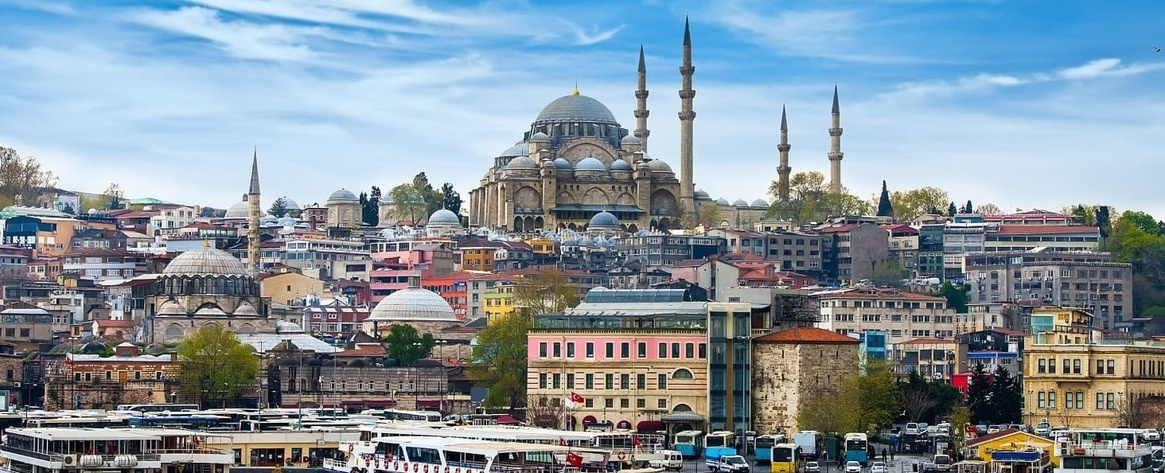
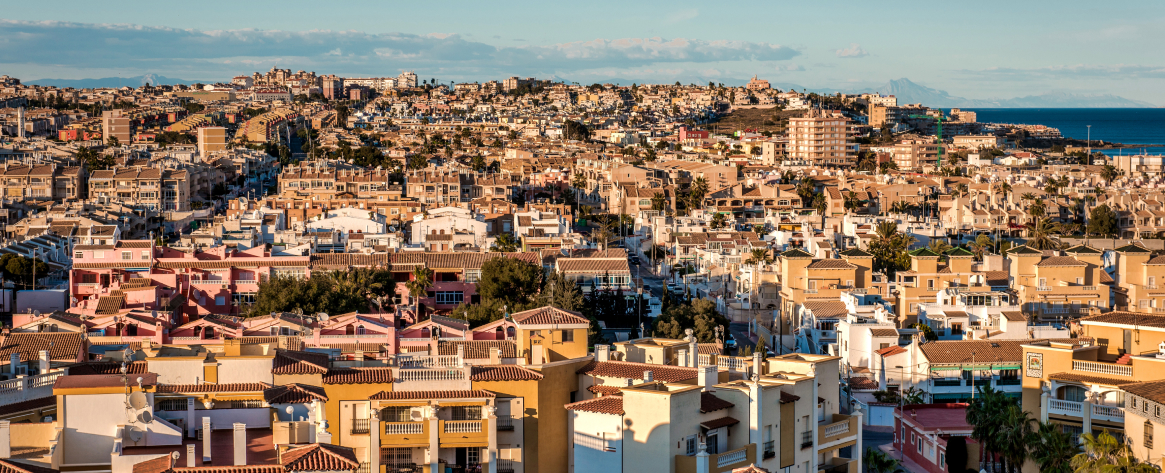
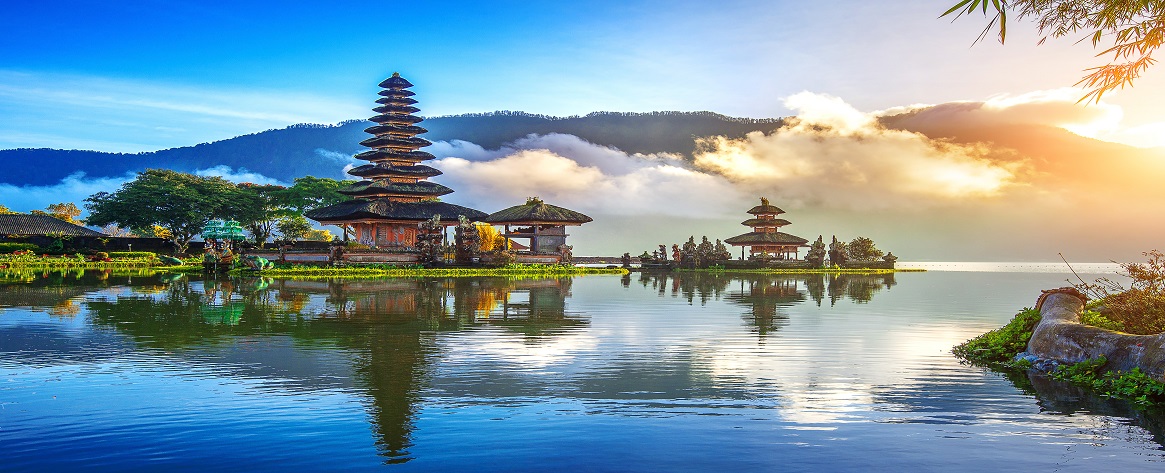
Tranio Global Real Estate
67 Jl Bypass Ngurah Rai Br Kerthayasa, Bali, Kuta Badung, 80361
- Thailand real estate prices index
- Risks of buying property in Thailand
- Thailand mortgage rates
- Property tax in Thailand for foreigners
- Property management in Thailand
- How to get permanent residence in Thailand?
.jpg)
International Schools in Phuket

Which rental strategy is more lucrative in Phuket: guaranteed yield or rental pool?
.jpg)
Types of property ownership in Thailand: freehold and leasehold

Tourism in Thailand: types, features, and know-hows

Climate in Thailand: change by month and region

Healthcare in Thailand for expats in 2024
... and 50 more publications- Bank of Greece: How housing prices in Greece have changed in 2023
- Greece expected to set different minimum thresholds for the golden visa programme depending on locations
- Property prices in Indonesia on the rise
- Hungary introduces new Golden visa programme
- Dubai and Bali became Tripadvisor's top tourist destinations
- Henley & Partners revealed the world's strongest passports in 2024
According to Thai law, foreign individuals or entities are generally prohibited from owning land in Thailand. However, there are alternative options available for foreigners who wish to invest in property in Phuket. These options include:
- Condominiums. Foreigners can own condominium units in Thailand as long as the total area owned by foreign individuals does not exceed 49% of the total floor space of the condominium building. This means that in condominium projects where 51% or more of the units are owned by Thai nationals, foreigners can purchase and own units.
- Leasehold. Foreigners can enter into long-term lease agreements for land or properties in Phuket. The lease can be for a maximum duration of 30 years, with options to renew for additional periods. The lease agreement should be registered at the local Land Department to provide legal protection.
- Thai Company. Foreigners can set up a Thai company and purchase property through the company. However, it's important to note that the company must be structured properly, and the foreign ownership should not exceed 49% of the shares. Additionally, the primary purpose of the company should not be solely to own property.
Here are a few factors to consider when evaluating whether buying property in Phuket is worth it for you:
- Purpose. Determine the purpose of your investment. Are you looking for a vacation home, rental property, or long-term investment? Clarifying your objectives can help you make a more informed decision.
- Market conditions. Research the current real estate market in Phuket. Analyze property prices, trends, and forecasts. Consult with local real estate agents or experts to gather insights into the market dynamics.
- Legal considerations. Understand the legal framework and regulations regarding property ownership in Thailand. Foreign nationals may have certain restrictions on owning land, but there are legal structures and leasehold options available.
- Location. Phuket consists of different areas with varying characteristics. Consider factors such as proximity to the beach, amenities, transportation, and potential for growth. Popular areas like Patong, Kata, and Kamala tend to have higher property prices.
- Rental potential. If you plan to rent out the property, assess the demand and rental market in the chosen location. Tourist hotspots or areas close to amenities and attractions tend to have higher rental potential.
- Costs and expenses. Take into account the upfront costs, maintenance fees, taxes, and ongoing expenses associated with owning property in Phuket. Factor in management fees if you plan to hire a property management company.
- Currency exchange rates. If you're purchasing property as a non-resident, consider the currency exchange rates between your home country's currency and the Thai Baht. Fluctuations can impact the cost and returns on your investment.
- Risk tolerance. Understand that real estate investments come with risks. Economic changes, political stability, and unforeseen events can affect property values and returns on investment. Assess your risk tolerance before making a decision.
- Patong. Known for its vibrant nightlife and bustling atmosphere, Patong is a popular choice for those looking to be in the heart of the action. It offers a wide range of properties, from high-rise condominiums to luxury villas.
- Kata and Karon. These neighboring beach towns are more laid-back compared to Patong. They offer a relaxed atmosphere, stunning beaches, and a good selection of residential properties.
- Kamala. Situated on Phuket's west coast, Kamala offers a quieter and more family-friendly environment. It has a beautiful beach and a range of luxury villas and condominiums.
- Surin and Bang Tao. These areas are known for their upscale developments and high-end properties. Surin Beach and Bang Tao Beach are nearby, and the area boasts several luxury resorts and golf courses.
- Rawai and Nai Harn. Located in the southern part of Phuket, these areas are known for their natural beauty and tranquility. They offer a good selection of villas and apartments, with easy access to beautiful beaches and scenic viewpoints.
- Phuket Town. If you prefer a more urban lifestyle, Phuket Town offers a mix of historical charm and modern amenities. It has a range of residential options, including apartments and townhouses.
Here are some factors to consider:
- Accommodation. The cost of accommodation in Phuket can vary greatly depending on the location, type of housing, and proximity to popular areas. Prices for apartments and houses can range from affordable to high-end luxury options.
- Food. Eating out in local Thai restaurants and street food stalls can be relatively inexpensive, especially if you opt for local cuisine. However, prices at upscale or international restaurants can be higher. Cooking at home using local ingredients can be a cost-effective option.
- Transportation. Phuket has a public bus system, but it may not be as extensive as in larger cities. Taxis and tuk-tuks are available, but they can be more expensive for daily commuting. Renting or purchasing a motorbike can be a convenient and cost-effective way to get around, but it also comes with additional costs such as fuel and maintenance.
- Utilities. The cost of utilities, such as electricity and water, is typically reasonable in Phuket. However, air conditioning can significantly increase your electricity bill, particularly during hot months.
- Healthcare. Healthcare costs in Thailand, including Phuket, can be significantly lower compared to Western countries. The quality of healthcare facilities may vary, so it's advisable to have appropriate health insurance coverage.
- Entertainment and leisure. Phuket offers a wide range of entertainment options, including beaches, nightlife, and tourist attractions. While there are free or low-cost activities available, expenses can quickly add up if you frequently participate in paid tours, water sports, or visit upscale establishments.
- Surin Beach – is known for its stunning coastline and upscale beach clubs. Many wealthy individuals and celebrities own properties in this area, including luxurious villas and high-end condominiums.
- Kamala Beach – is a quieter and more laid-back area compared to other popular beaches in Phuket. It attracts affluent residents seeking privacy and tranquility. There are several high-end resorts and private villas along the coastline.
- Cape Yamu – located on the eastern coast of Phuket, Cape Yamu offers beautiful views of Phang Nga Bay. This exclusive area features luxury villas and estates with private docks and panoramic ocean views.
- Layan Beach – is a secluded and pristine area on the northwest coast of Phuket. It has a reputation for being an upscale residential neighborhood with luxury villas and high-end developments.
- Ao Po – is known for its marina and yacht club, attracting affluent boat owners and those who enjoy the boating lifestyle. The area offers waterfront villas and exclusive residential communities.
- Nai Thon Beach – is a tranquil and picturesque area with a beautiful beach. It appeals to affluent residents looking for a peaceful retreat away from the more crowded tourist areas.
- Safety. Phuket is a popular tourist destination and generally has a lower crime rate compared to many other parts of the world. However, as with any location, it's always advisable to take necessary precautions and be mindful of your surroundings.
- Healthcare. Phuket has several reputable hospitals and medical facilities that can provide quality healthcare services. It's recommended to research the availability of healthcare options and assess their suitability for your needs.
- Infrastructure. Phuket has well-developed infrastructure, including transportation, communication, and utility services. However, it's essential to consider factors like accessibility to amenities, proximity to hospitals, and availability of public transportation, depending on your preferences and requirements.
- Lifestyle. Phuket offers a tropical climate, beautiful beaches, and a vibrant lifestyle. It's important to consider if the local culture, climate, and lifestyle align with your retirement preferences. Some people may find the busy tourist areas less appealing for long-term living.
- Cost of living. While the cost of living in Phuket can vary, it is generally affordable compared to many Western countries. However, it's advisable to research and plan your finances, considering factors such as accommodation, healthcare, taxes, and other expenses associated with retirement.
- Legal considerations. Before retiring in Phuket, it's crucial to understand the legal requirements, such as visas, residency permits, and any specific regulations for retirees. Consulting with legal experts or relevant authorities can help you navigate the necessary paperwork.
- Climate and natural beauty. Phuket offers a tropical climate with warm weather throughout the year. If you enjoy beaches, lush landscapes, and outdoor activities, Phuket's natural beauty may be appealing.
- Cost of living. Compared to many Western countries, the cost of living in Phuket can be relatively lower. However, it's important to assess your financial situation, including healthcare costs, housing, transportation, and other daily expenses, to ensure you can comfortably afford your retirement lifestyle.
- Infrastructure and amenities. Phuket has developed infrastructure and amenities, including modern healthcare facilities, shopping centers, restaurants, and entertainment options. However, it's worth noting that some areas might lack the same level of infrastructure as major cities in Western countries.
- Healthcare. Thailand generally has good healthcare facilities, and there are hospitals and clinics in Phuket that offer quality medical services. It's advisable to have health insurance that covers your needs, including any potential repatriation requirements.
- Language and culture. While many people in Phuket can communicate in English, the primary language is Thai. Learning some basic Thai phrases can enhance your experience and ease interactions with locals. Embracing the local culture and adapting to a different way of life can greatly influence your retirement experience.
- Community and social life. Phuket has a diverse community of both expatriates and locals. Engaging with social groups, clubs, and organizations can help you build a supportive network and establish a fulfilling social life.
- Visa requirements. Thailand has specific visa regulations, and retirees may need to apply for a retirement visa, which requires meeting certain criteria.
To find more affordable options, consider exploring areas like Phuket Town or Rawai, which are less crowded and may offer more budget-friendly accommodations. Additionally, there are often guesthouses or small hotels available near the less-frequented beaches or in less touristy areas of the island.
In terms of accommodation, both Bali and Phuket offer a range of options, from budget guesthouses to luxury resorts. Prices can vary significantly depending on the location, season, and amenities provided. Generally, Bali may have a slight edge in terms of affordability, especially if you opt for more budget-friendly accommodations.
Regarding daily expenses like food, transportation, and entertainment, both Bali and Phuket can offer affordable options. Local street food in both destinations tends to be inexpensive, while dining in upscale restaurants or tourist-centric areas can be pricier. Transportation costs can vary depending on the distance traveled and mode of transport chosen.
- Patong. Patong Beach is a bustling tourist hub with a vibrant nightlife scene. It attracts a large number of expatriates who enjoy the beachfront lifestyle and proximity to entertainment options.
- Kamala. Located north of Patong, Kamala offers a quieter and more relaxed atmosphere. It has a beautiful beach and is popular among expatriates, especially families, due to its peaceful environment.
- Kata and Karon. These neighboring beach areas are known for their stunning sandy beaches and laid-back vibes. Many foreigners, including retirees and long-term visitors, choose to settle in Kata and Karon for their tranquil atmosphere.
- Rawai and Nai Harn. Situated in the southern part of the island, Rawai and Nai Harn offer a more local and authentic Thai experience. These areas are popular among expats who prefer a quieter lifestyle and easy access to beautiful beaches.
- Cherngtalay and Laguna. Located on the west coast of Phuket, Cherngtalay and the nearby Laguna area are home to upscale resorts, golf courses, and residential developments. Many expatriates, particularly those seeking luxury living, choose to reside in these areas.
- Phuket Town. While most foreigners tend to gravitate towards the coastal areas, Phuket Town, the island's capital, also has a significant expatriate population. It offers a mix of cultural heritage, local markets, and affordable living options.
Here are a few popular areas to consider:
- Patong. If you enjoy a bustling and lively atmosphere, Patong is a popular choice. It offers a vibrant nightlife scene, numerous restaurants, shopping opportunities, and easy access to the beach.
- Kata and Karon. These neighboring areas are more relaxed compared to Patong. They boast beautiful beaches, a range of accommodation options, and a good selection of restaurants and bars.
- Kamala. Located on the west coast of Phuket, Kamala offers a more laid-back and family-friendly atmosphere. It has a beautiful beach, a few upscale resorts, and a quieter nightlife scene.
- Rawai and Nai Harn. These areas are popular among expatriates and long-term residents. They offer a quieter and more authentic Thai experience, with local markets, restaurants, and a slower pace of life.
- Phuket Town. If you prefer a mix of modern amenities and cultural experiences, Phuket Town is worth considering. It has a charming Old Town area with Sino-Portuguese architecture, diverse dining options, and a range of shops and markets.
-

Euronews Source
-

ekathimerini.com
-

Issuu
-

Mansion Global
-

The Portugal News
-

The Spaces
-

BasNews
-

The European Times
Phuket is a popular tourist destination located in southern Thailand. Known for its stunning beaches, crystal clear waters, and lively nightlife, the island has become a hot spot for property investments.
Over the past few years, property prices in Phuket have seen a steady increase. This is due in part to the growth of the island's tourism industry, which has attracted a large number of foreign investors looking to capitalize on the island's booming property market.
One of the main factors driving up property prices in Phuket is the limited supply of land. As the island's popularity has grown, so has the demand for prime real estate. This has led to a surge in property prices, particularly in areas that offer stunning ocean views or close proximity to popular tourist attractions.
Another factor contributing to the rise in property prices is the influx of foreign buyers, particularly from China and Russia. These investors are attracted to Phuket's relatively low property prices compared to other international destinations, as well as the island's favorable tax policies for foreign buyers.
Despite the high prices, Phuket remains an attractive investment opportunity for those looking to capitalize on the island's booming tourism industry. In addition to strong rental returns, investors can also benefit from the island's growing infrastructure, which includes new highways, international schools, and world-class medical facilities.
Overall, property prices in Phuket are expected to continue their upward trend, making the island an increasingly popular destination for both tourists and investors alike. However, potential buyers should exercise caution and do their due diligence before making any investments, as the market can be volatile and subject to fluctuations.












































